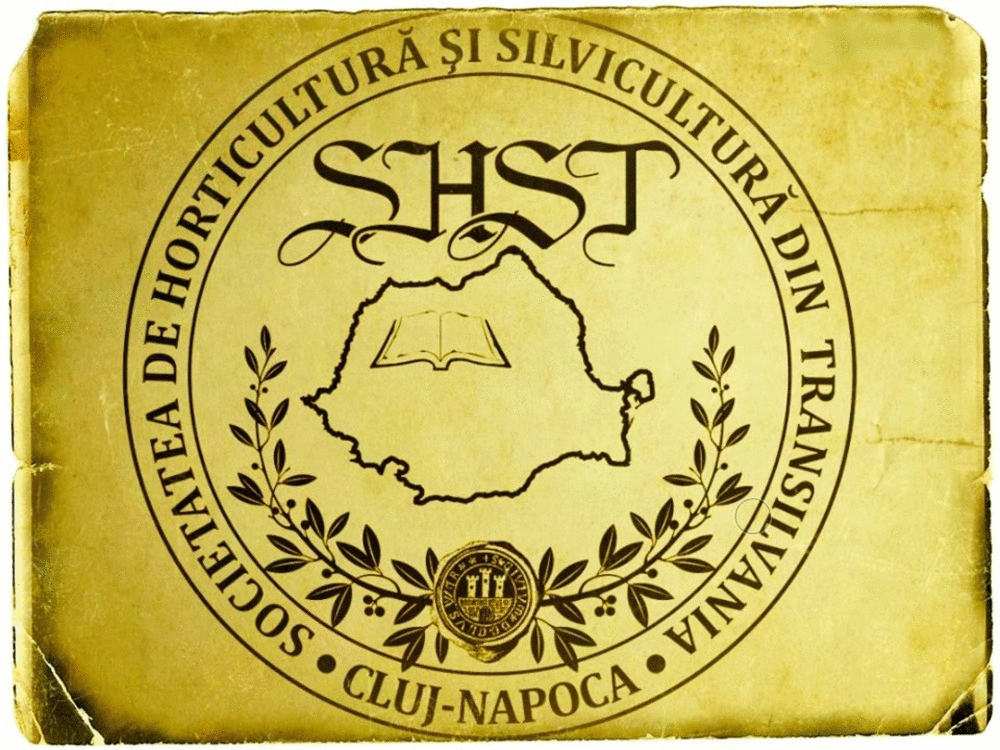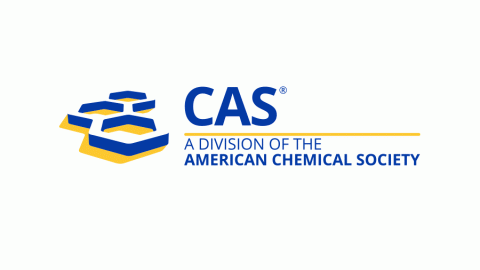Effects of Hydro and Hormonal Seed Priming on Seed Germination of Milk Thistle under Saline Stress Condition
DOI:
https://doi.org/10.15835/nsb639372Keywords:
Germination; salicylic acid; salt stress; seed priming; Silybum marianumAbstract
Salinity is an abiotic stress which has harmful effects on germination of many plants. Therefore, high germination rate and vigorous early growth under salty soils is preferred. Seed priming is a way to increase salt tolerance of plants. An experiment was conducted to investigate the effect of seed priming on germination of milk thistle under salinity condition. The treatments were 4 levels of seed priming (no priming, distilled water as hydro priming and 0.5 and 1.0 mM salicylic acid) and 5 levels of salinity (0, 40 and 80 mM NaCl and 40 and 80 mM CaCl2). The experiment arranged as a factorial in a completely randomized design (CRD) with three replications. Results showed that salinity decreased germination percentage and germination rate to about 16 and 32% in 80 mM CaCl2 level compared to control, respectively. The highest mean germination time (5.7 day) were belonged to 80 mM CaCl2. Radicle and plumule length significantly decreased by 80 mM NaCl and 40 and 80 mM CaCl2. The lowest seedling weight and seed stamina observed in 80 mM CaCl2. 0.5 mM salicylic acid improved all traits except mean germination time as compared to control. Salicylic acid (0.5 mM) improved radicle length under 0, 40 and 80 mM NaCl salinity levels as well as increased plumule length at the 0 and 40 mM NaCl salinity conditions.
Metrics
Downloads
Published
How to Cite
Issue
Section
License
Papers published in Notulae Scientia Biologicae are Open-Access, distributed under the terms and conditions of the Creative Commons Attribution License.
© Articles by the authors; licensee SMTCT, Cluj-Napoca, Romania. The journal allows the author(s) to hold the copyright/to retain publishing rights without restriction.
License:
Open Access Journal - the journal offers free, immediate, and unrestricted access to peer-reviewed research and scholarly work, due SMTCT supports to increase the visibility, accessibility and reputation of the researchers, regardless of geography and their budgets. Users are allowed to read, download, copy, distribute, print, search, or link to the full texts of the articles, or use them for any other lawful purpose, without asking prior permission from the publisher or the author.













.png)















